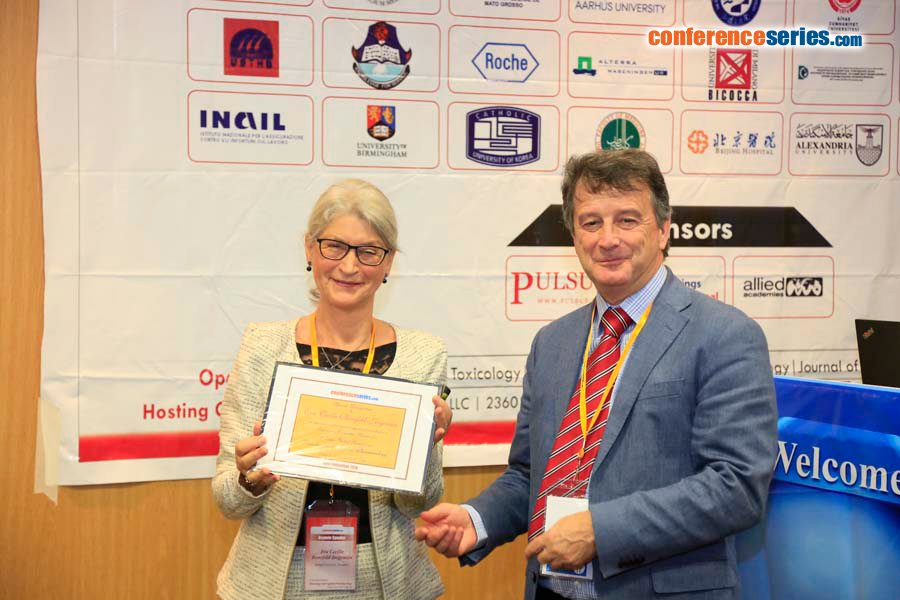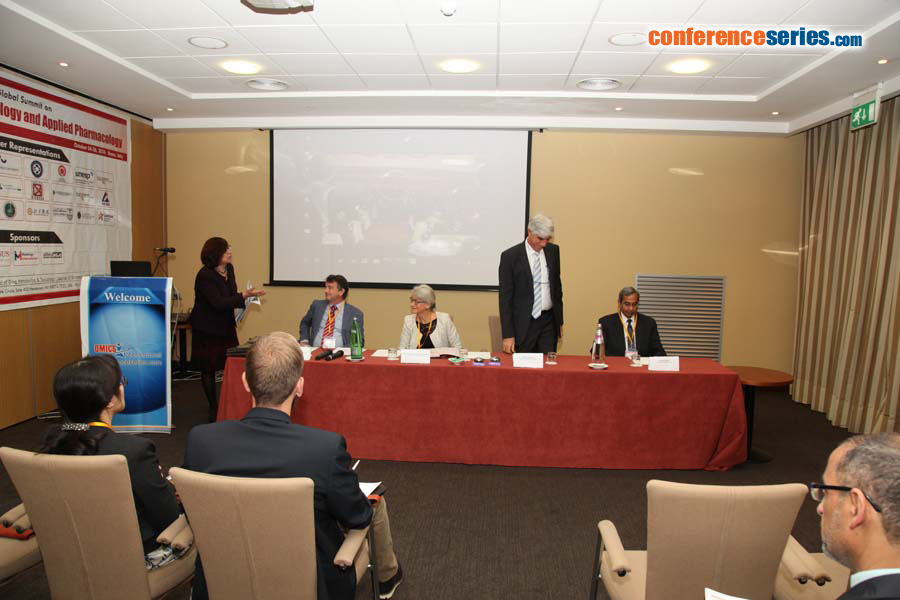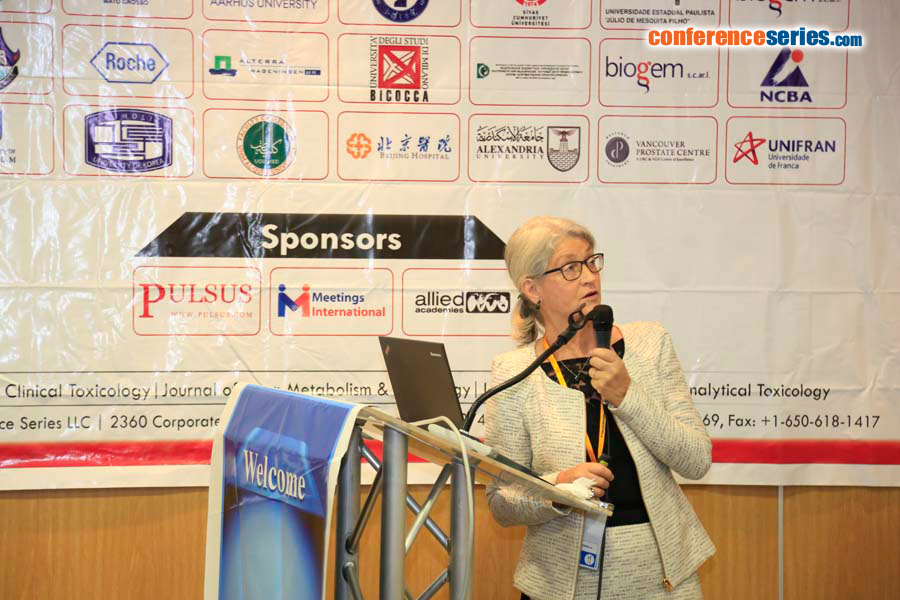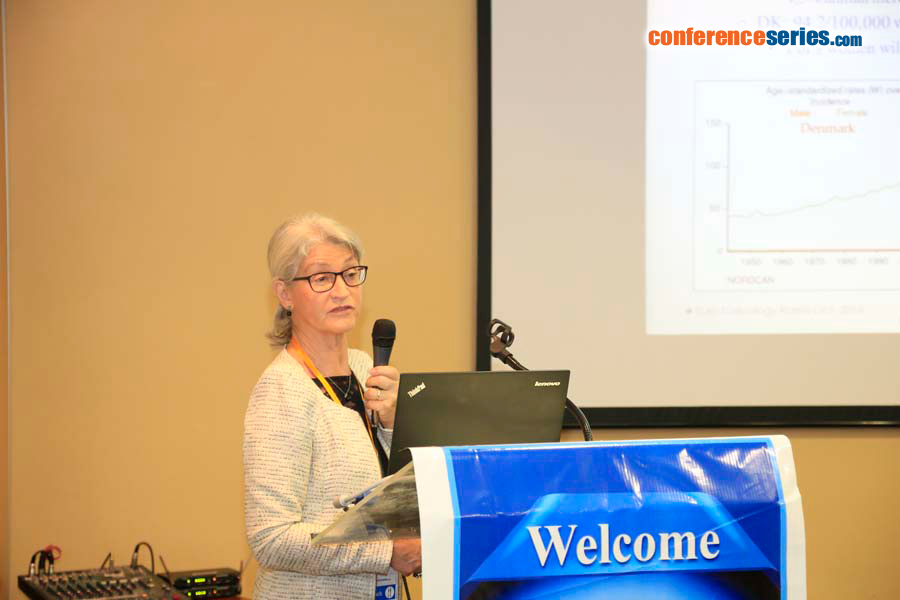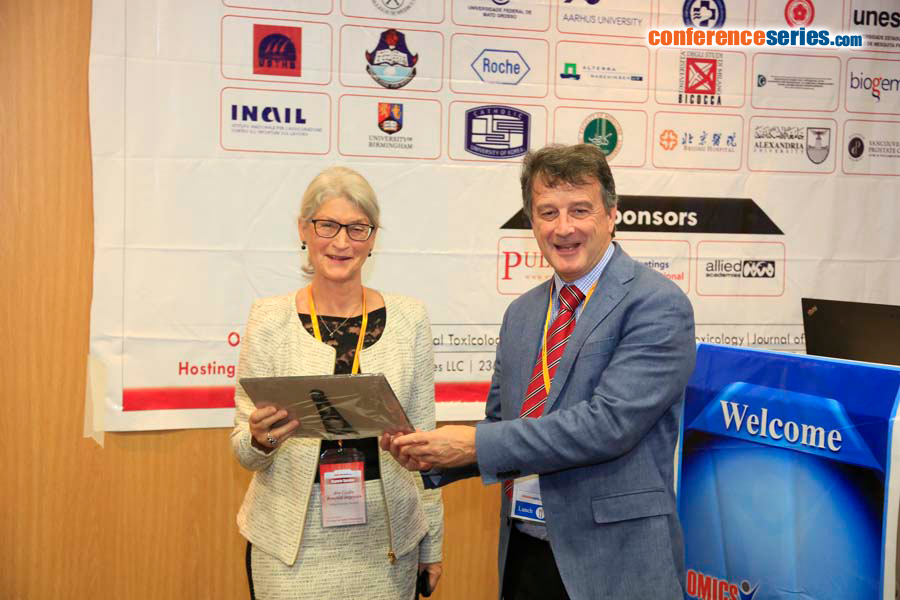Eva Cecilie Bonefeld-Jørgensen
Aarhus University, Denmark
Title: Environmental exposures, gene polymorphisms and breast cancer risk
Biography
Biography: Eva Cecilie Bonefeld-Jørgensen
Abstract
The incidence of breast cancer (BC) is increasing in almost all countries and is the most common cancer for women in affluent
countries. Th e differences that still exist between different ethnic groups might be explained by diff erences in reproductive and hormonal factors, genetic background, lifestyle and environmental exposures. The known risk factors only explain less than a third of all cases and more than 70% of women diagnosed with BC have no inherited or sporadic cancer. Environmental exposures to persistent organic pollutants (POPs) such as polychlorinated biphenyls and organochlorine pesticides and perfl uoroalkylated substances (PFAS) are among potential risk factors. Th ese compounds are potential endocrine disrupters altering the hormone homeostasis disturbing normal development, growth and function of mammary glands. Animal studies have indicated that PFAS increase mammary fi broadenomas and our recent case-control studies in Danish and Greenlandic Inuit women showed an association between the serum levels of PFAS and BC risk. Moreover, xenoandrogenic activity of
serum extracts containing the actual mixture of legacy POPs was a signifi cant risk factor in Inuit. Environmental exposures and genetic susceptibility diff er between ethnic groups. Th e genotype and allele frequency of genetic polymorphisms in P450 phase I and phase II genes differs between Inuit and Europeans. For Inuit women an increased BC risk was observed with high PFAS levels and carriers of at least one variant of CYP1A1(Val) and COMT(Met) or the common CYP17 A1 allele, and in Danish women, we observed polymorphisms in COMT, CYP17 and CYP19 can modulate the BC risk of PFOSA exposure.


